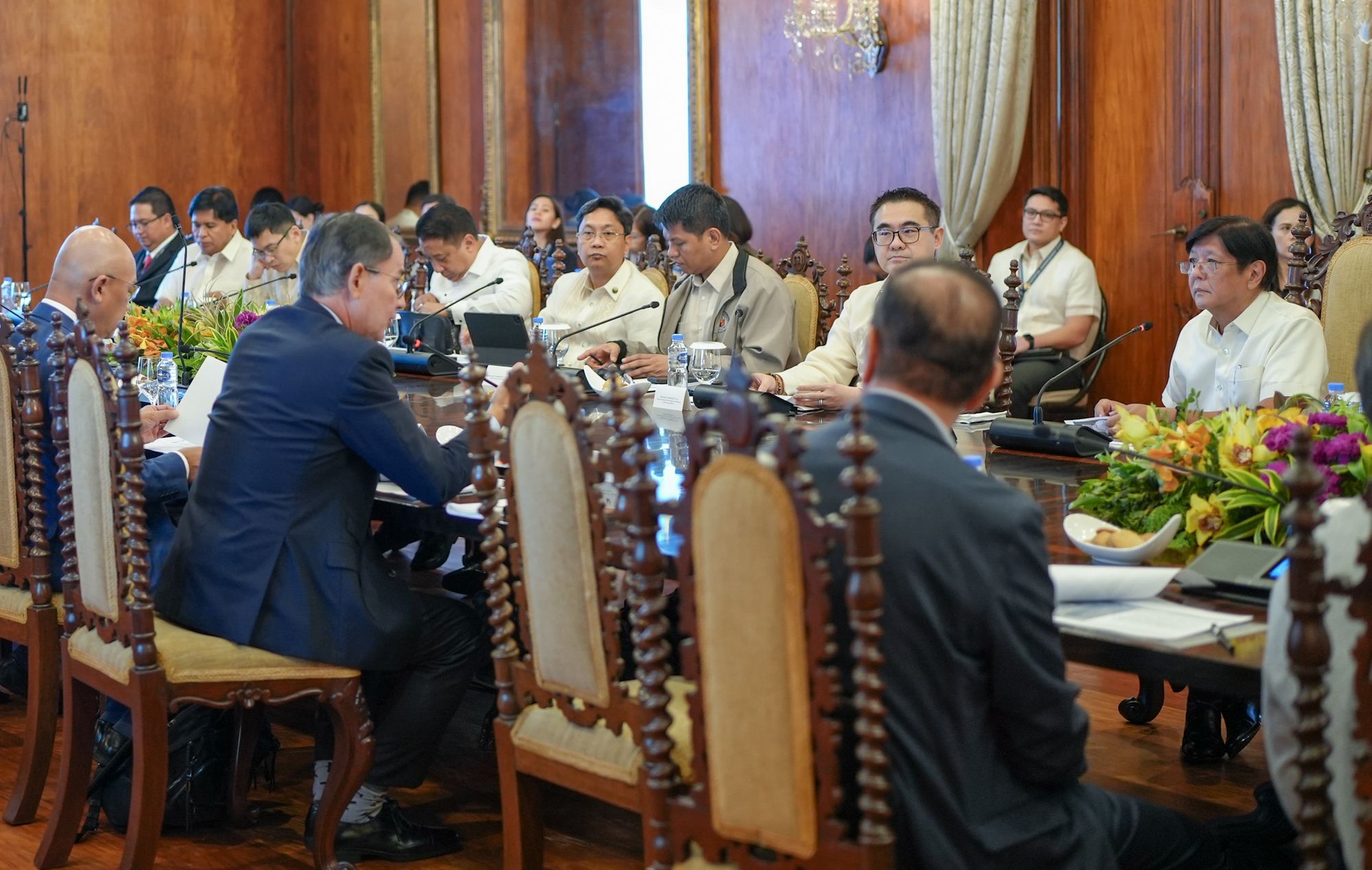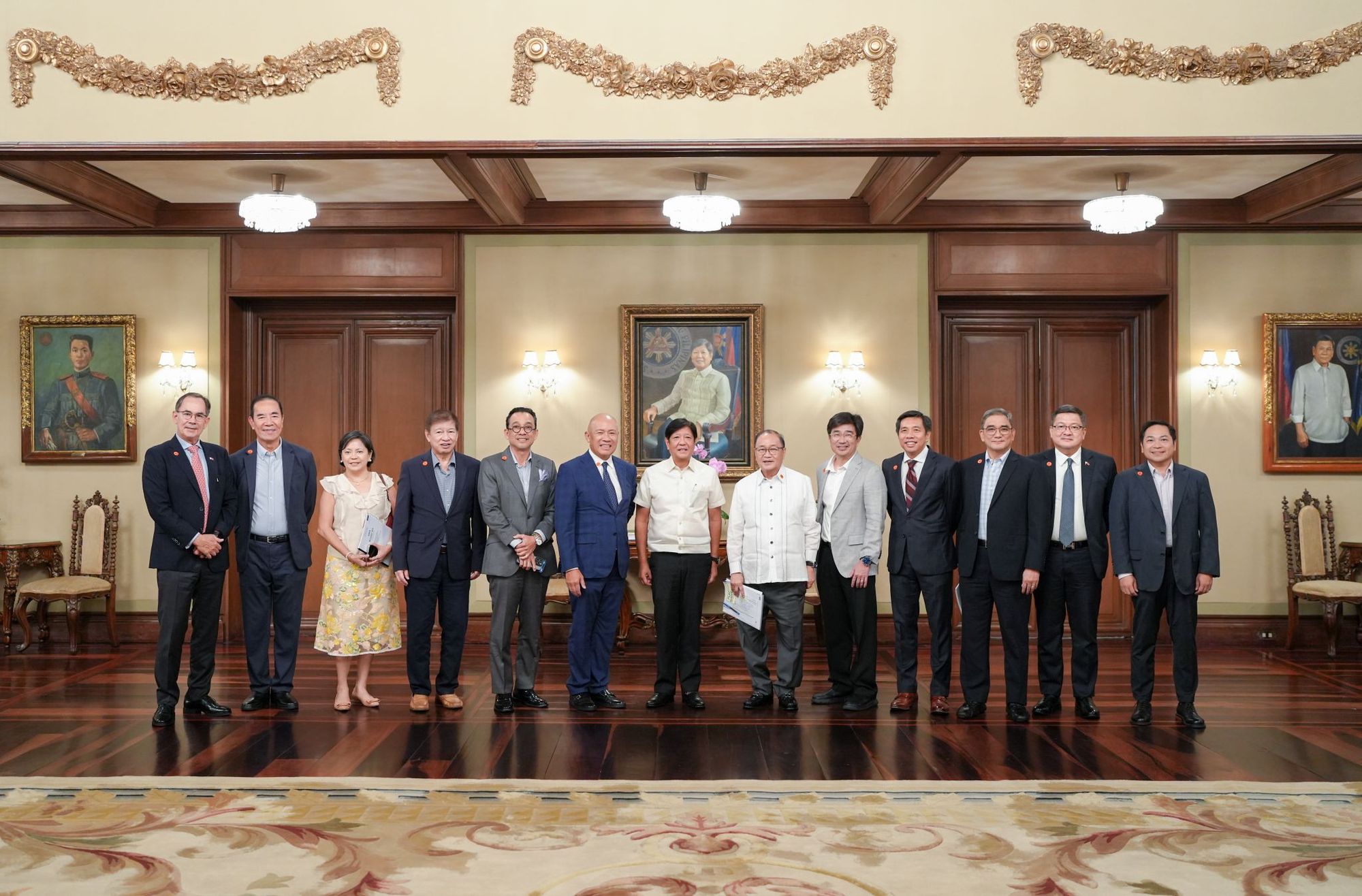Our recommendations are a result of close collaboration between the private sector and the government, with the goal of bringing positive, lasting change.
The Private Sector Advisory Council (PSAC), representing its Infrastructure and Digital Sectors, has submitted a series of urgent recommendations to President Ferdinand Marcos Jr. to help address the country’s flood control challenges and improve digital connectivity, particularly in Geographically Isolated and Disadvantaged Areas (GIDA). These proposals are intended to enhance public safety, bolster environmental resilience, and expand access to critical digital infrastructure, ultimately building a safer and more connected Philippines.
“For us, it’s not just about solving today’s issues—it’s about creating long-term, sustainable solutions that ensure the safety and well-being of all Filipinos. Our recommendations are a result of close collaboration between the private sector and the government, with the goal of bringing positive, lasting change,” said Sabin Aboitiz, PSAC Lead Convenor and Aboitiz Group President and CEO.

PSAC’s flood mitigation recommendations include the construction of retarding basins and dams along critical waterways, enacting ordinances that require property developers to install rainwater detention systems, and enforcing easement laws to clear floodways of obstructions, including informal settlements. Coconut-based garbage traps for barangays will be implemented to prevent drainage blockages. Additionally, PSAC urges comprehensive planning for critical waterways and bridges affecting major roads like EDSA and Roxas Boulevard. To further support flood management, LGUs are encouraged to collaborate on a unified approach and invest in waste-to-energy projects through public-private partnerships (PPP). The Napindan River will also be dredged to improve the outflow of Laguna de Bay. The Water Resources Management Office (WRMO), in collaboration with the Philippine Disaster Resilience Foundation (PDRF), will oversee these initiatives.
For long-term flood control, PSAC recommends implementing a river basin master plan, including the widening of the Manggahan Floodway and launching a nationwide watershed restoration program, particularly in priority areas like Marikina. Reforestation efforts will be essential for environmental recovery, and PSAC also suggests revisiting the Paranaque Spillway project and constructing a flood diversion tunnel from the Upper Marikina River to the Pacific Ocean. To streamline efforts, PSAC supports consolidating water and drainage management under the proposed Department of Water Resources.
In GIDA, where over 25 million Filipinos lack adequate digital infrastructure, PSAC is leading efforts to expand mobile network coverage. By July 2025, 100 new mobile towers will be built, providing coverage to 100 barangays and DepEd schools, with 500,000 Filipinos gaining free internet access through the BBM Internet Promo. To expedite the rollout, PSAC recommends simplifying the permitting process by adopting unified LGU forms. Legislative reforms such as institutionalizing the Center for AI Research (CAIR) and creating an open, secure API ecosystem are also pivotal for fostering digital innovation.
PSAC further emphasizes that digital connectivity should be recognized as a basic human right, ensuring that telco facilities are exempt from lease fees and that buildings are equipped with connectivity before occupancy. These recommendations are critical for strengthening the nation’s digital infrastructure and promoting inclusive growth, particularly in underserved communities.
The PSAC remains committed to working closely with President Marcos, government agencies, and the private sector to turn these recommendations into action, addressing the nation’s most pressing challenges in flood control and digital connectivity.

